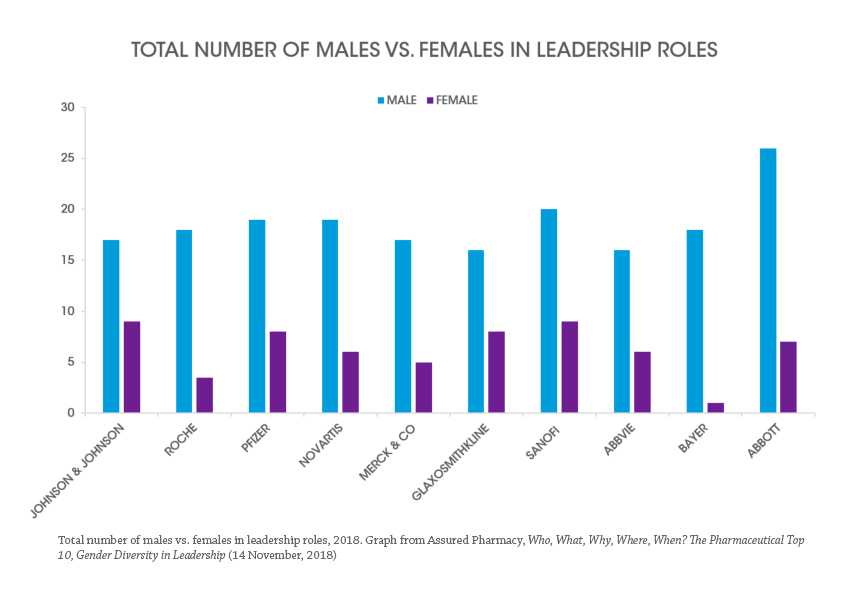Inspiring the next generation of women in STEM
Despite recent strides in workforce equality, the gender gap in STEM industries is still highly relevant. With women holding less than a fifth of the top leadership positions at the forefront of the field and the wage gap resulting in women in science earning 80.7 percent of what men earned as of 2018, the field still needs to progress towards equality (1). Although the gender ratio is now close to equal at the high school and undergraduate levels, the percentage of women in STEM drastically declines in higher education. This disparity occurs not because of a lack of qualified students or intellect, but rather limiting societal norms. The goal of fostering intellectually curious girls to pursue their interest in STEM is evidently pressing.

Connecting engaged young girls together with distinguished women in STEM, the Girls Advancing in STEM Club (GAINS), led by Dr. Gatti, hosted Dr. Benika Pinch, a Principal Scientist at Novartis Institute for BioMedical Research in early October. Speaking to over 30 students on Zoom, Dr. Pinch shared some background concepts related to the exploratory drug development aspect of her career, stories of her own experience as a woman in science, and advice for those interested in pursuing a career in STEM.
During the presentation, she explained that at Novartis, her many responsibilities include managing project teams, creating ideas for these projects, and working in the lab for drug discovery. Targeted therapy, a method that inhibits a specific protein’s function to a healthy level, is a fundamental component of creating new drugs (2). However, a new therapeutic approach called targeted protein degradation utilizes proteasomes, protein complexes that degrade excess proteins. The general idea of this method is to identify and degrade problematic proteins that cause disease. When asked about a dream project, she said, “I’m interested in working on new ways of drugging protein targets that go beyond the traditional mode of inhibiting protein function” (2). Dr. Pinch also emphasized the time-consuming and costly process of drug discovery. Due to a failure rate of over 90 percent for drugs entering human trials, she stressed, the immense average cost of one FDA-approved drug is about 2.7 billion dollars (2).

Dr. Pinch recalled the progression of going from a class of 50 percent women in both high school and University of Pennsylvania, to only 30 percent in her Harvard Ph.D. program, and an even lower ratio of women to men once she entered the industry (2). She hopes that these numbers will change and wishes to show younger generations that women in STEM are just as qualified as their male counterparts. When asked about her favorite parts of her job, she raved, “I love that every day I learn something new—whether it’s something I learn during a meeting or a seminar, by reading a scientific paper, or by performing a new experiment in [the] lab. I’m also motivated by the fact that my work has the potential to positively impact the lives of patients”. Dr. Pinch offered three key pieces of advice to girls in STEM: find a mentor who will truly advocate for you and is a “good human being, not just a good scientist,” acknowledge your worth when you experience imposter syndrome, and remember that not knowing everything is not a setback since “science is a constant pursuit of knowledge” (2).
As a scientist working in a lab setting and a manager of project teams, Dr. Pinch offers first-hand experience of the industry’s environment. She reflects, “the optimist in me sees all of these junior talented women around me and thinks in ten years, they’re all going to be promoted and will be occupying those higher tiers. The pessimist says that maybe there’s still a glass ceiling that we have to break through and a culture that’s holding women back” (2). Though the future of women in STEM looks bright, we must collectively strive for an equal and unbiased workforce.
– Connie Yang
References
- Catalyst, Q. (2020, August 4). Women in Science, Technology, Engineering, and Mathematics (STEM): Quick Take. Retrieved October 16, 2020, from https://www.catalyst.org/research/women-in-science-technology-engineering-and-mathematics-stem/
- Pinch, B. (2020, October 7). Personal communication.
Images
- https://resultshealthcare.com/wp-content/uploads/2019/01/Graph-for-PM-blog-with-citation.jpg
- https://lh5.googleusercontent.com/ge8TKZZCHesRDkTllditO9VImhYcnSKfk7jXNTNl1fjVxGAQgUWwD_huj_ufqCh3hJ39iIqnwI4bsLLVNQ5Ro5cOYjD2iKMzoBqRRDvnXM9sxGU1ZEyApWR3Hhe2exP_TXtXqbxh


Comments are closed.